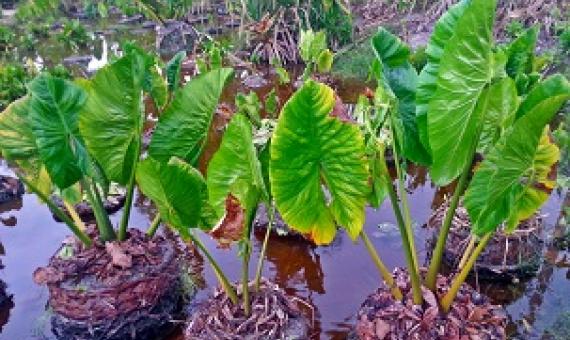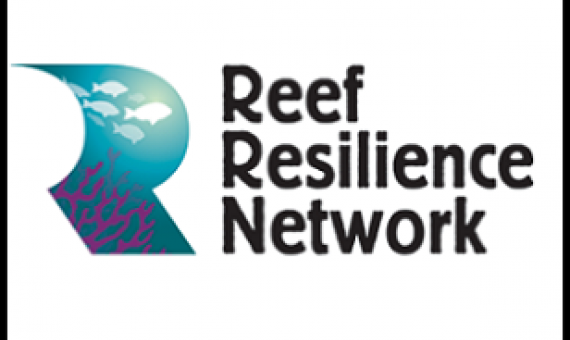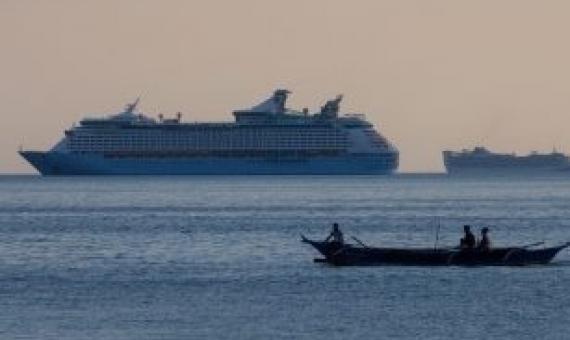A resilient and connected network of sites to sustain biodiversity under a changing climate
Motivated by declines in biodiversity exacerbated by climate change, we identified a network of conservation sites designed to provide resilient habitat for species, while supporting dynamic shifts in ranges and changes in ecosystem composition. Our 12-ystudy involved 289 scientists in 14 study regions across the conterminous United States(CONUS), and our intent was to support local-, regional-, and national-scale conservation decisions.










